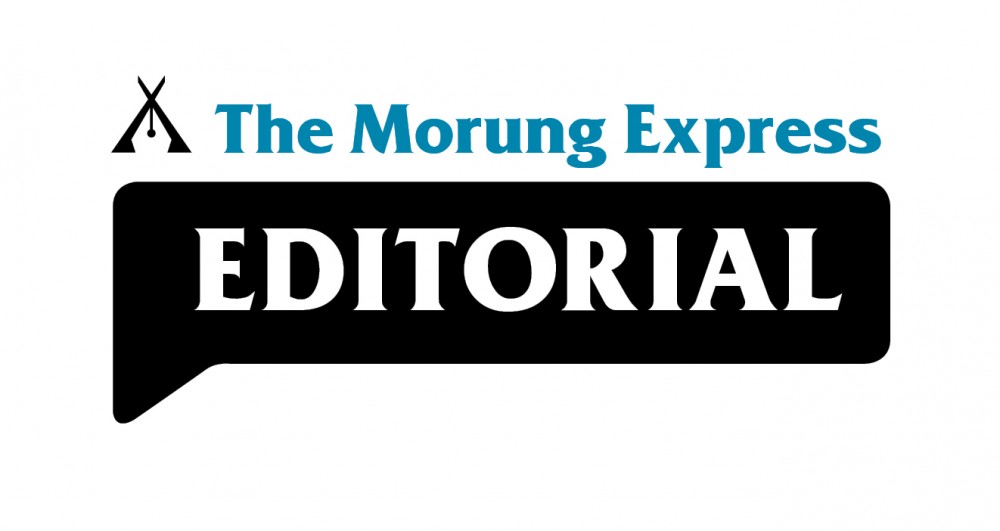
Moa Jamir
“The creatures outside looked from pig to man, and from man to pig, and from pig to man again; but already it was impossible to say which was which,” goes the last sentence of Animal Farm, published in 1945 and described as an anti-utopian satire and one of the finest works of George Orwell.
Circa 2022, politics in Nagaland is becoming ‘confusing’ and it is increasingly difficult to differentiate political parties from ‘which to which’ as new configurations and alignments become the order of the day. The latest development was the overture from the former principal opposition party of the State, the Naga People’s Front to the Nationalist Democratic Progressive Party (NDPP) to “come together in the larger interest of our people.”
While the NPF has not spelt out the nitty-gritty of the overture in the public domain, essentially it is an open initiation to merge into one, a 'homecoming' of sorts. This was followed by the induction of an NFF legislator into the State’s Council of Minister as well as the election of the erstwhile leader of the opposition as Chairperson of the opposition-less United Democratic Alliance (UDA) in Nagaland.
The development appears to be mainly political exigency, but publically the protracted Naga political issue is often cited as the reason for such an exercise. Nevertheless, the political development in the past few months have basically rendered or is on the verge of making some of the basic tenets of democracy almost ‘redundant’ in the State.
Among others, two issues are discussed here. Firstly, the lack of an official opposition party, a core characteristic of democracy, whose main role, the UK Parliament’s stated is to “question and scrutinise the work of the Government.” The scrutiny necessarily does not imply every government’s action for the sake of being in opposition, but giving constructive criticism, acting as ample checks and balances for any executive’s omissions and commissions, and safeguarding the public interest.
On the other hand, the lack of ‘active’ political parties, on essential institutions of democracy, is concerning. “A political party brings together people with the same political ideas… (and) have various functions. One is promoting the interests of their voters. They also draw up party programmes. Citizens can join political parties, enabling them to help shape the party programme,” goes another explanation by the Government of Netherlands.
Most importantly, the election of representatives through a free and fair election, held regularly and periodically, is the cornerstone of democratic governance. The exercise grants the governments of the day the mandate rule while holding them accountable for their time in the office. In doing so, citizens, among others, vote exercising free will based on manifestos and pledges of political parties and influence the government’s policy and decision.
As scholar and former US representative to the United Nations, late Jeane Kirkpatrick postulated, “Democratic elections are not merely symbolic. ...They are competitive, periodic, inclusive, definitive elections in which the chief decision-makers in a government are selected by citizens who enjoy broad freedom to criticize government, to publish their criticism, and to present alternatives.” This holds true for both procedural democracy and substantive democracy.
As things stand now, the concept of a steadfast political party appears to be a misnomer in Nagaland, with most party members or elected legislators, being members of another at one point in time. Political parties coming together to form an “opposition-less” Government also implies that the ideologies of the participating parties are in sync. Accordingly, when an election is held next, whom shall the voters choose and who shall hold the Government of the day accountable?
For any feedback, drop a line to jamir.moa@gmail.com






